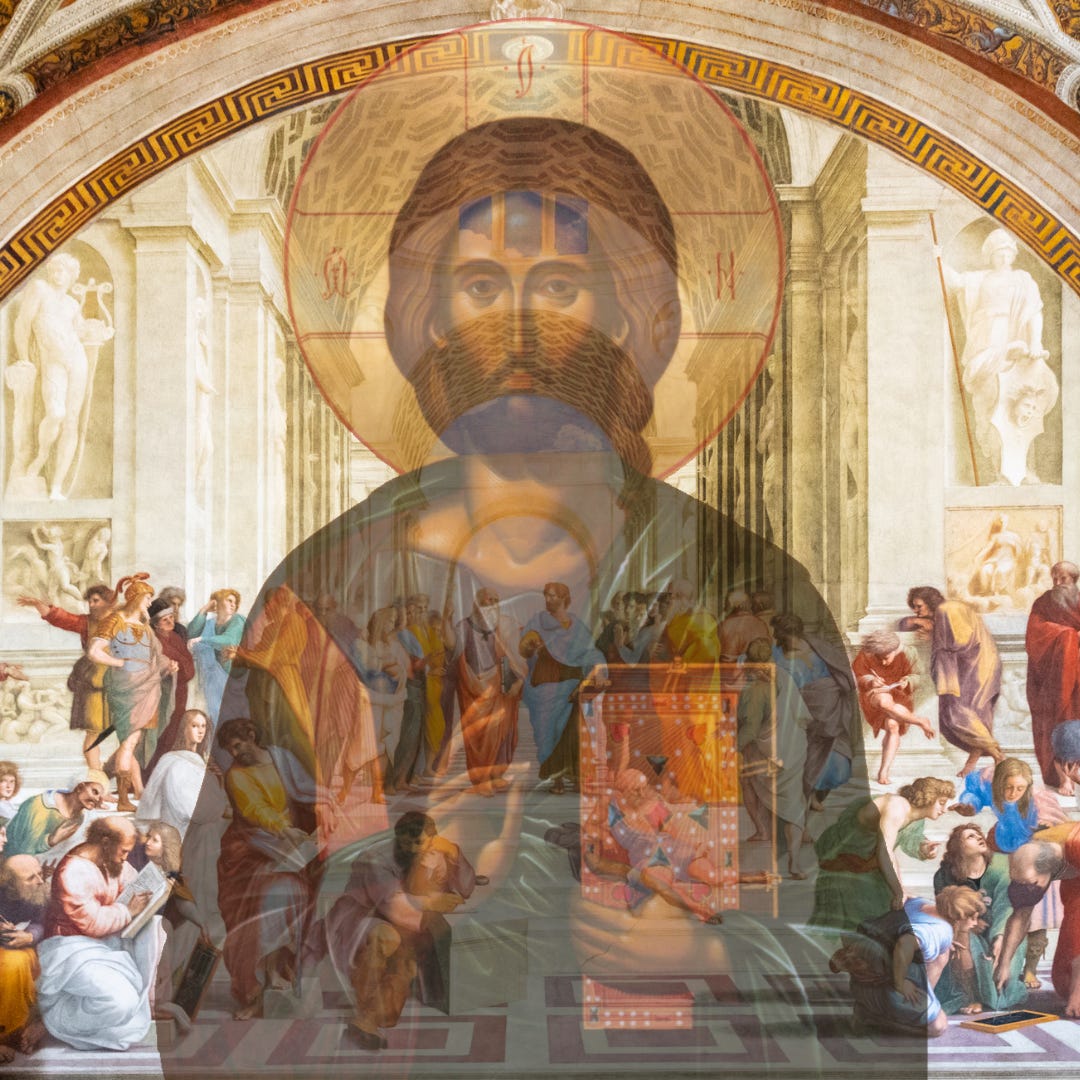Finding Christ Outside of Christianity?
The Rich Christian Tradition of Affirming God's Working in other Cultures, Philosophies, & Religions
One of the biggest paradigm shifts in my understanding of the relationship between Christ and culture came as a student of Church history. In the evangelical subcultures I had inhabited, the general disposition towards sources of knowledge and wisdom outside of the boundaries of our doctrinal fences was one of suspicion, if not complete derision and distrust.
But this was not the disposition of some of the earliest orthodox Christian voices, nor has it been the perspective of some of the most respected Christian minds of the near past. While there have certainly been a contigency that represented the more “Christ against culture” perspective common to many Christian contexts (such as Tertullian [155-240], for example), their perspective is far from the consensus.
In fact, I would suggest that the position with the most theological coherence and historical validity would be best encapsulated this way:
God is, and always has been, at work in every culture planting the seeds of Christ even though it may not be communicated in the exact grammar of the traditional Christian lexicon. With Christ as the hermeneutic key, the keen reader of culture can see the presence of the Spirit drawing all peoples everywhere to himself through their art, customs, philosophies, and even religion. He is the fulfillment of every glimpse of truth, goodness, and beauty wherever it is to be found.
Is there darkness to be found in these places as well? Certainly. But the presence of darkness does not negate the light. The Christian sees the light, affirms the light, preserves the light, and shines the light in the darkness.
”The light shines in the darkness, and the darkness has not overcome it.” (John 1:5)
Here’s a small sample of some of the Christian voices from the past who’ve affirmed this perspective:
"For from the ancient philosophers we have learned this also, to live according to nature, and to be just and good, and to care for the things of the soul more than those of the body. But they did not know that it was through faith in Christ the Son of God that these things could be perfectly fulfilled."
- Justin Martyr (First Apology)
"As the prophets were called before Christ for the purpose of preparing the way for Christ, so also philosophy was given to the Greeks for the purpose of preparing the way for Christ."
-Irenaeus (Against Heresies, Book IV)
"And, in fact, it is not strange if, among the multitude of Greek philosophers, some have spoken things which are not far from the truth, seeing that the light of Divine wisdom, which is one and the same, diffuses itself among all."
-Origen (Contra Celsum, Book III)
"Plato, the most eminent of the philosophers, was led by the love of truth to such an extent that he became a lover of the Word, and through him all the philosophers have been made known to us, and have been seen to be not far from the truth."-Augustine (Confessions, Book VIII)
“The truth which the pagans have, is not from themselves, but from God, who gives to all a measure of His light. Wherefore, although they have not the light of faith, they have certain seeds of truth. And, therefore, the Truth itself, that is, Christ, came not to destroy the Law and the prophets, but to fulfill."-Thomas Aquinas (Summa Theologiae)
"Pagan mythologies are God expressing Himself through the minds of poets, using such images as He found there, while Christianity is God expressing Himself through what we call real things."
-C.S. Lewis (Letters to Malcolm: Chiefly on Prayer)



